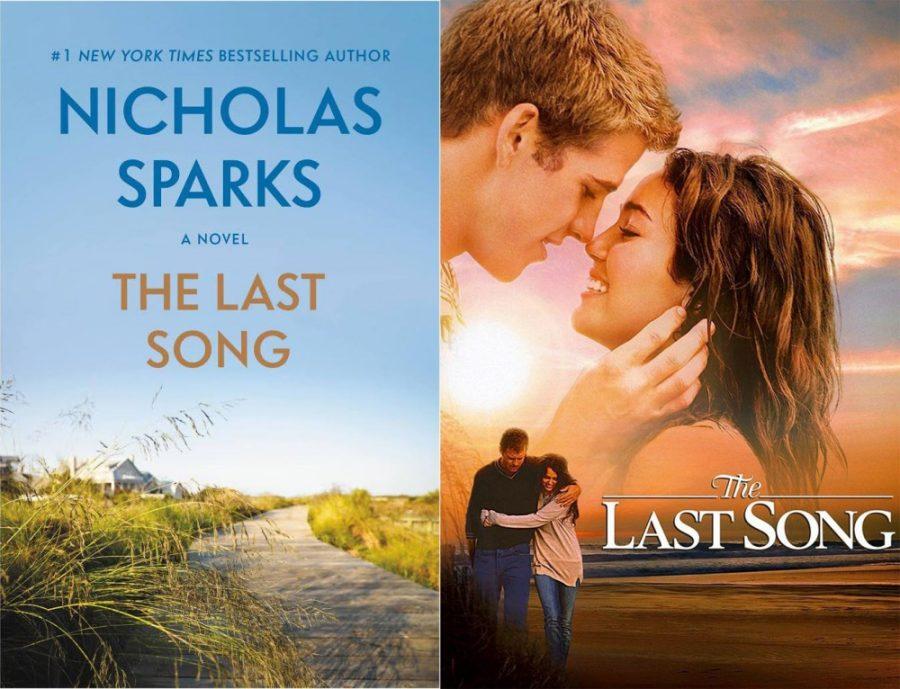Art is the purest form of expression. It allows the artist to create a piece directly in sync with their emotions, while giving their audience a glimpse into their minds and imaginations. This comes into play when discussing novels and films. Novels allow the reader to create their own interpretation within a unique mental reality, while films allow the viewer to have a visual escape. So when book-to-film adaptations occur, it can create a separate masterpiece that allows the director to use the author’s vision to create a separate reality.
Some may argue when a novel is made into a film it loses its original interpretation to something more relevant to the director or current societal norms. Others argue that to make the film captivate various audiences it needs to be able to stand alone as its own creative work.
RELATED: Movies from 1992 turn 25 this year
Dr. Bradley J. Schauer, an assistant professor in the School of Theatre, Film and Television, said the history of book adaptations goes back to the beginning of cinema at the turn of the 20th century.
“In the early days, they would assume the audience had read the book, and the film would consist of select important scenes,” Schauer said. “Adapting a work of literature was a way for film to establish itself as respectable entertainment.”
Schauer said he likes books adaptations when the books are used as a “springboard for creativity” instead of being followed word-for-word.
“You don’t want the movie to become a boring reenactment of the novel,” Schauer said. “Ideally, the filmmaker will use film style to create a new and distinct artwork with the novel as a foundation. I think one of the best adaptations is “Jaws”; [Steven] Spielberg takes what is a pretty trashy novel and makes a brilliant, thrilling film.”
RELATED: Ease into Spring Break by checking out what’s new on Netflix in March
In comparison to Schauer’s opinion on book-to-film adaptation, many novel-loving students around the UA seemed to agree with him, while others preferred the method of adaptation where the director would film scenes exactly following the descriptions within the novel.
Brianna Felix, a senior majoring in physiology, expressed a love/hate relationship toward adaptations.
“I don’t have an issue with it unless the plot gets butchered,” she said.
However Makenna Paule, a senior and physiology major, said she thinks movies need to be slightly different so it does not become redundant.
“I usually think books are better,” she said. “In a book you have more freedom to think about what is happening than in a movie, where everything is laid out for you. There is also less creativity in being a viewer of a movie than being a reader of a book.”
She said she would prefer to watch a movie before reading the book because of an experience she had with the movie adaptation of Nicholas Sparks’s novel “The Last Song.”
“The movie made me dislike the book a little bit because I liked the plot line of the movie and the book was a little different,” she said.
Adaptations allow the imagination of one artist and the visuals of another artist to create a unique work of art. Although it may be controversial, it is a common form of films within the industry.
Follow Lauren Grifol on Twitter.









